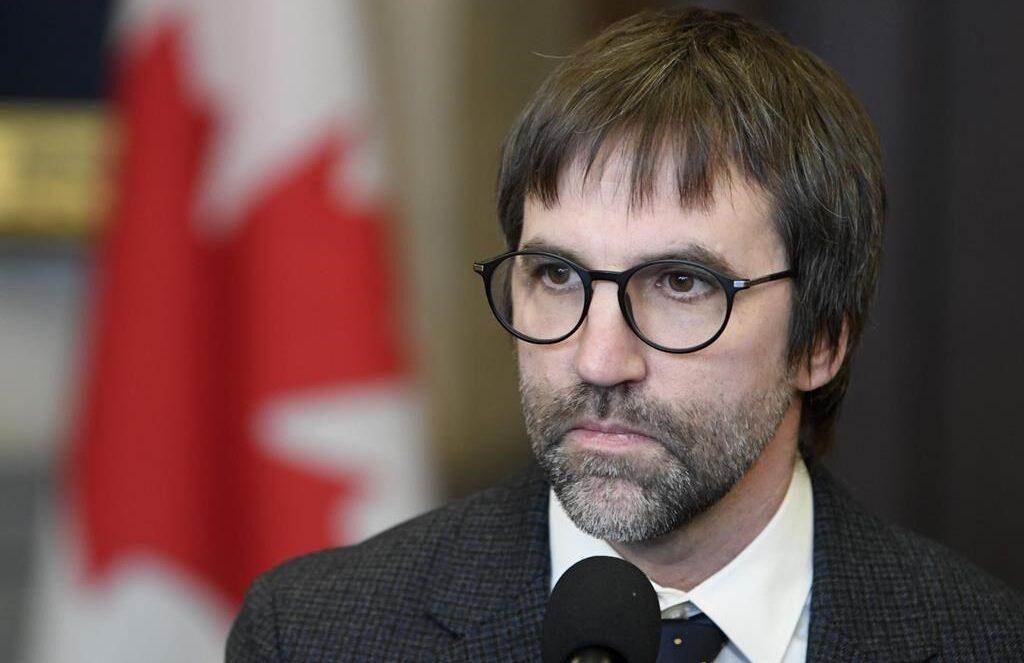The constitutional rights and freedoms of Canadians are front and centre in a flurry of legal challenges to pandemic measures, as civil liberties groups take on multiple cases they say represent unconstitutional measures implemented by authorities.
The Justice Centre for Constitutional Freedoms (JCCF) has court actions underway or pending, as of Feb. 25, against five provinces around lockdown measures it says violate Charter rights. And it’s suing the federal government for imposing mandatory hotel quarantine on travellers, among other travel restrictions.





